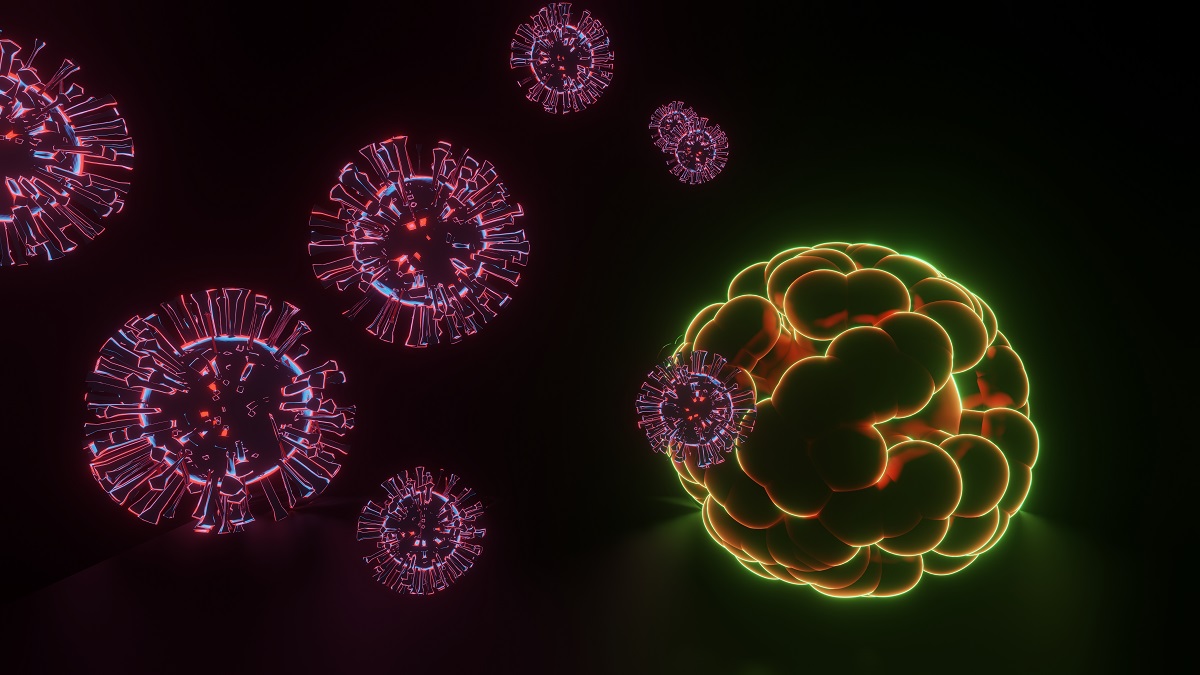KEY TAKEAWAYS
- The study aimed to characterize bacterial communities in ACC tumors and their association with clinical features.
- Researchers noticed that the Bacteroides thetaiotaomicron levels correlate with worse survival and glycan biosynthesis in ACC.
Adenoid cystic carcinoma (ACC) is a rare and slow-growing yet aggressive subtype of head and neck cancer. Irrespective of its clinical significance, the deep understanding of the cellular evolution and tumor microenvironment (TME) in patients (pts) with ACC remains sparsely explored.
Tatiana V. Karpinets and the team aimed to characterize the bacterial communities within ACC tumor tissues and adjacent normal tissues and explore potential associations between the bacterial community structure, patient clinical characteristics, and tumor molecular features.
Researchers conducted 16S rRNA gene sequencing on freshly obtained and subsequently frozen tumors from 50 pts with ACC. Histologically, non-tumoral adjacent tissue was available for 33 of these pts.
About 88 samples were sequenced, including 33 paired tumor-normal samples (66 samples), 17 additional tumor samples without paired normals, and 5 duplicate samples to assess potential batch effects.
The bacterial communities within the ACC were characterized, and potential associations between the bacterial community structure, patient clinical characteristics, and tumor molecular features obtained through RNA sequencing were explored.
Researchers noticed a significantly diverse bacterial composition in the ACC vs. adjacent normal salivary tissue, and the ACC exhibited diverse levels of species richness. They identified 2 main microbial subtypes within the ACC: oral-like and gut-like.
Oral-like microbiomes, characterized by increased diversity and abundance of Neisseria, Leptotrichia, Actinomyces, Streptococcus, Rothia, and Veillonella (commonly found in healthy oral cavities), were associated with a less aggressive ACC-II molecular subtype and improved patient outcomes.
The same oral genera were identified in oral cancer and head and neck squamous cell carcinomas. In both cancers, they were part of shared oral communities associated with a more diverse microbiome, less aggressive tumor phenotype, and better survival. This reveals the genera as potential pan-cancer biomarkers for favorable microbiomes in ACC and other head and neck cancers.
Conversely, gut-like intratumoral microbiomes, which feature low diversity and colonization by gut mucus layer-degrading species, such as Bacteroides, Akkermansia, Blautia, Bifidobacterium, and Enterococcus, were associated with poorer outcomes.
The study concluded that elevated levels of Bacteroides thetaiotaomicron were independently associated with significantly worse survival in pts with ACC. Furthermore, these elevated levels positively correlated with tumor cell biosynthesis of glycan-based cell membrane components.
This study was supported by the Adenoid Cystic Carcinoma Research Foundation and, in part, by the MD Anderson Moonshot program.
Source: https://pubmed.ncbi.nlm.nih.gov/39009605/
Karpinets TV, Mitani Y, Chang CC, et al. (2024). “Intratumoral microbiome of adenoid cystic carcinomas and comparison with other head and neck cancers.” Sci Rep. 2024 Jul 15;14(1):16300. doi: 10.1038/s41598-024-65939-9. PMID: 39009605; PMCID: PMC11251153.



